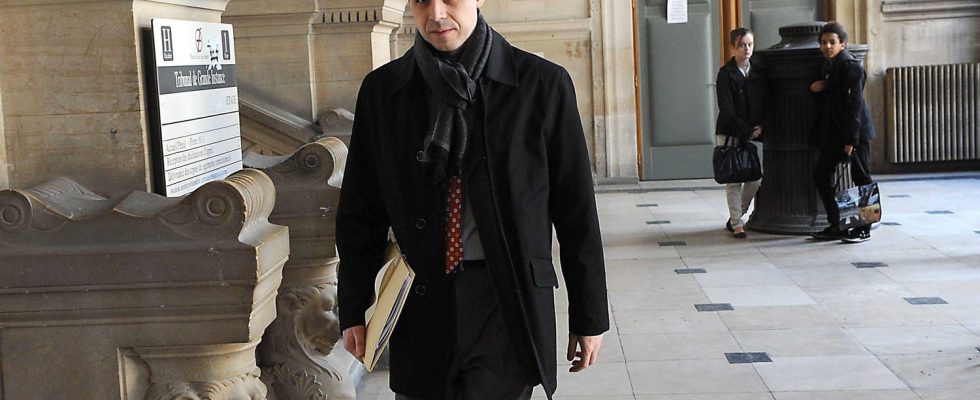In a Netflix documentary series, Fabrice Burgaud, judge in the Outreau case, looks back on his errors in the legal fiasco, for the first time in almost 20 years.
It all started in December 2000 when reports from social services reported strange behavior among the children of the couple formed by Thierry Delay and Myriam Delay Badaoui. The children were then removed and a judicial investigation was opened. The family’s sordid daily life then exploded into the open: sexual abuse, physical and psychological violence… The couple finally confessed but Myriam Delay Badaoui accused other adults of similar acts, thus suggesting a real pedophile network in Hauts-de-France.
Tried in 2004, when one of the accused had ended his life in prison a short time before, Myriam Delay and another accused confessed to the rapes and exonerated several of their co-defendants. Seven people were acquitted. The trial was appealed in 2005 and this time two children recanted and Myriam Badaoui again admitted to lying. Six Additional people were then acquitted. The Outreau affair is seen as a huge legal fiasco in view of the 13 people wrongly accused and having been imprisoned for three years. In 2006, the latter, during a parliamentary commission of inquiry, pointed the finger at judge Fabrice Burgaud who was in charge of the case. He was thus accused of having carried out an investigation against him, in quasi “partnership” with Myriam Badaoui. He then defended himself by recalling that he was not reframed or even warned by his hierarchy in this matter.
The judge breaks his silence 20 years later
The latter has just come out of silence almost 20 years later, in a Netflix documentary series, signed Marika Mathieu, Camille Le Pomellec, Anna Kwak and Oron Adar and entitled Outreau, a French nightmare. In an extract, the journalist asks him if he still had questions about the case, the magistrate then responds with a certain coldness: “Luckily there are defense mechanisms otherwise we go crazy. If I have to have a thought , it’s for the victims, who have been completely denied.” Although he speaks well of the victims, he has no words of apology for the wrongly accused, nor any real expression of regret. A similar observation was made in 2006.
The judge simply received a “reprimand with entry in the file” in 2009 by the Superior Council of the Judiciary. This is the lowest possible sanction. In 2017, he was even promoted to general counsel at the Court of Cassation.
